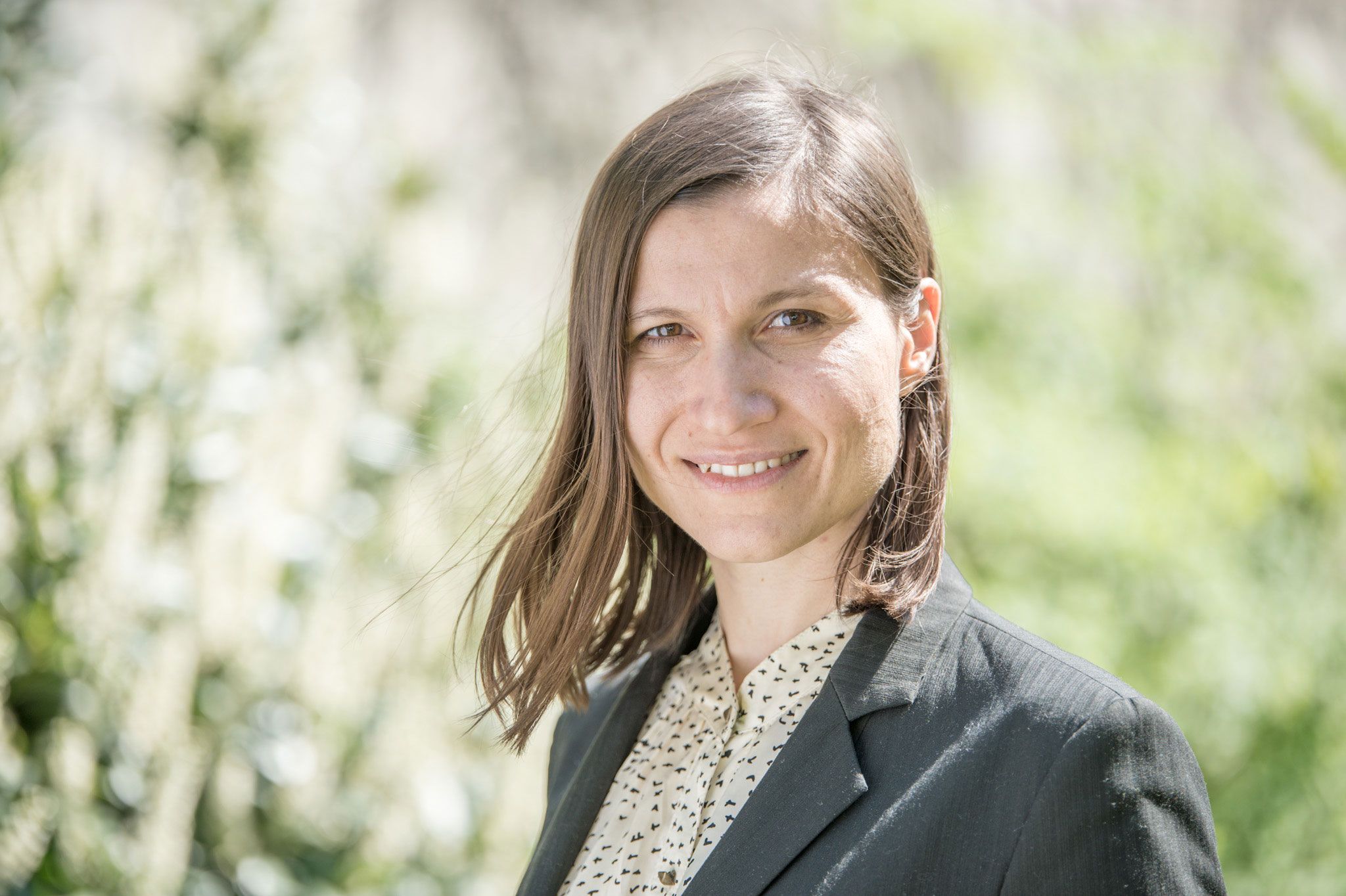
(Vienna, 03-10-2019) Kyriaki Papantoniou, researcher at the division for epidemiology of the centre for Public Health of MedUni Vienna, was awarded with the Egmont-Baumgartner Prize in the category "Scientific works" by the Austrian Society for Occupational Healthcare at its meeting in Innsbruck (20 September).
The epidemiologist convinced the jury with here two submitted papers "Shift work and colorectal cancer risk in the MCC–Spain case-control study" and "Rotating night shift work and colorectal cancer risk in the nurses’ health studies".
These two studies represented the most extensive and comprehensive epidemiological studies on nightshift work in terms of the colorectal cancer risk. In her first scientific paper (1), the colorectal cancer risk was examined in terms of nightshift work in the MCC-Spain-Study, a population-related case control study in Spain. The project was an international collaboration with ISGlobal (Barcelona Institute for Global Health) & CREAL (Centre for Research in Environmental Epidemiology) in Barcelona, Spain. Detailed data was collected from 1,626 colorectal cancer cases and a control group. The control group consisted of 3,378 randomly selected persons of both genders from 11 regions in Spain as well as various occupation groups. The data indicated that rotating shift work increased the risk for colorectal cancer, particularly after longer periods of shift work (more than 20 years).
The second scientific paper (2) also examined rotating shift work in terms of the colorectal cancer risk (N=1965 colorectal cancer cases). The studies were based on the Nurses' Health Study (NHS) and the Nurses' Health Study II (NHS2), two ongoing prospective cohort studies of nurses in the USA, which was accompanied for 24 years. The scientists found that nightshifts have no impact on the risk for colorectal cancer. It was furthermore found that nurses who worked in rotating nightshifts for many years have a higher risk for rectal cancer, which indicates that a long-term (more than 15 years) circadian disorder could play a role in the development of rectal cancer. The project was conducted in cooperation with the Channing Division of Network Medicine, the Brigham and Women's Hospital and Harvard Medical School, Boston, USA.
Regarding the person
Kyriaki Papantoniou is an Associate Professor for Epidemiology at the Medical University Vienna. She successfully completed her medical studies at the University Patras, Greece, has a Master in Public Health (MPH) and a doctorate in Epidemiology from the Pompeu Fabra University, Barcelona, Spain. Kyriaki Papantoniou's research focuses on environmental and work-related risk factors for cancer and other chronical illnesses. She is very interested in the research of circadian sleep disturbances in nightshift workers and the general public, as well as the identification of possible underlying biological mechanisms in order to identify the risk of chronic diseases.
Publications
1. Papantoniou K, Castano-Vinyals G, Espinosa A, et al. Shift work and colorectal cancer risk in the MCC-Spain case-control study. Scand J Work Environ Health 2017;43:250-259.
2. Papantoniou K, Devore EE, Massa J, et al. Rotating night shift work and colorectal cancer risk in the nurses' health studies. Int J Cancer 2018;143:2709-2717.